Workplace mediation is a common tool used to resolve disputes between employees. It can be a useful way to maintain a harmonious working environment and ensure that all parties are treated fairly. However, mediation discussions can involve sensitive information and personal details that must remain confidential. In such cases, a workplace mediation confidentiality agreement can be an essential document to protect everyone involved.
What is a Workplace Mediation Confidentiality Agreement?
A workplace mediation confidentiality agreement is a legal document that outlines the terms of agreement between all parties involved in the mediation process. It sets out strict guidelines regarding the use and disclosure of any information disclosed during the mediation session. The document can serve as a contract between the parties, ensuring that they abide by the terms and conditions of the confidentiality agreement.
Importance of a Workplace Mediation Confidentiality Agreement
A workplace mediation confidentiality agreement is crucial for several reasons. Firstly, it protects all parties involved in the mediation process from any unwanted disclosure of sensitive information. It ensures that any private information discussed during the mediation process stays confidential and cannot be used against any party.
Secondly, the confidentiality agreement can encourage employees to speak honestly and openly during mediation. If employees know that their personal information will be kept confidential, they may be more willing to share sensitive information that could be beneficial to resolving the dispute.
Thirdly, the confidentiality agreement can help to prevent any misunderstanding or misconceptions about what was discussed during the mediation process. It can protect both parties from any inadvertent disclosure of confidential information, which could have a negative impact on the outcome of the mediation.
Drafting a Workplace Mediation Confidentiality Agreement
When drafting a workplace mediation confidentiality agreement, it is essential to consider the following:
1. Purpose: State the purpose of the confidentiality agreement, which is to preserve the confidentiality of information disclosed during the mediation process.
2. Parties: Identify the parties involved in the mediation and who is bound by the confidentiality agreement.
3. Definition of Confidential Information: Define what constitutes confidential information, which may include personal, financial, or business-related information.
4. Obligations of the Parties: Specify the obligations of all parties involved in the mediation process, including the mediator, participants, and any other third parties.
5. Exceptions: State any exceptions to the confidentiality agreement, such as court-mandated disclosures and disclosures required by law.
6. Term: Outline the term of the agreement and how long it will remain in effect.
7. Signatures: Obtain signatures from all parties involved in the mediation process to signify agreement to the confidentiality agreement.
Conclusion
In summary, a workplace mediation confidentiality agreement is an essential document that can protect all parties involved in a mediation process. By maintaining confidentiality, it can encourage employees to be honest and open, which can ultimately lead to a successful resolution of the dispute. It is, therefore, crucial that employers take the time to draft a comprehensive confidentiality agreement that outlines the obligations of all parties involved in the mediation process.

Commentaires récents